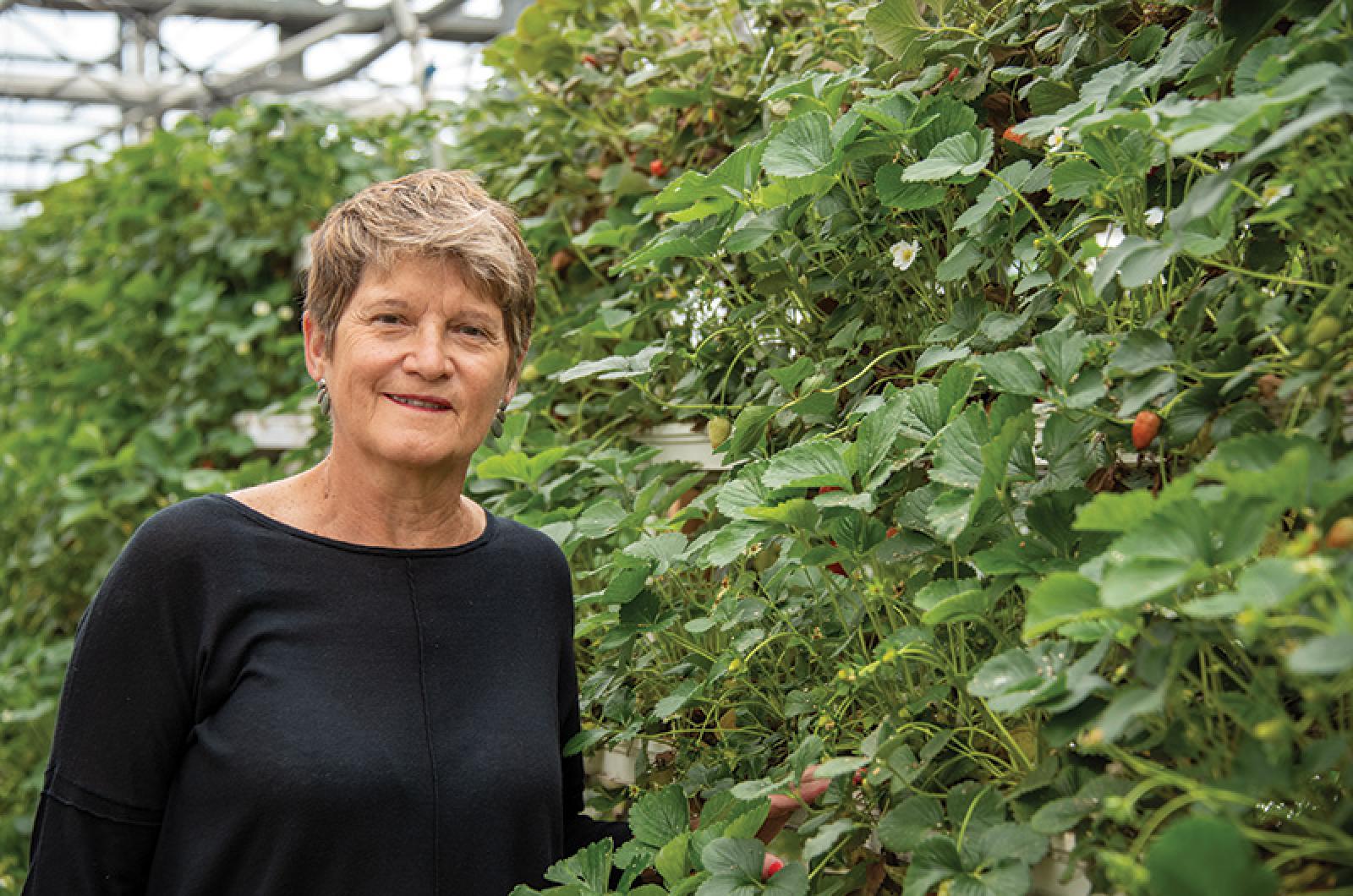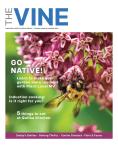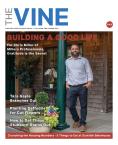Name: Rebecca Haag
Nickname: Becky
Profession: Social justice advocate
Job: Executive Director, Island Grown Initiative
Washed ashore from: Boston
Years ago: Three (full-time); Thirty (part-time)
Favorite spot on Island: Lucy Vincent Beach
Favorite room in the house: The Kitchen
Though her 35-year career has taken her to positions as varied as human resources director, women's rights advocate and AIDs activist, Rebecca Haag has carried the same strengths with her to each: fearlessness, determination, management skill, fundraising ability and commitment to social justice in all of its forms. When the time arrived to move to the Vineyard full-time (she had been vacationing and spending weekends with wife Mary Breslauer in Chilmark for 25 years), she knew she wanted to use those same attributes to help an Island organization grow.
Q. How did you make the decision to move full-time to the Vineyard?
A. I thought if I came to Martha’s Vineyard, I’d really want to be part of the community. I’d want to find a way to give back and to get involved in some new issues. I had some association with a few board members of Island Grown Initiative, and they happened to be looking for an executive director. They asked me if I’d be interested. The rest is history.
Q. Let’s go back a bit. Where did you grow up?
A. I grew up in a suburb of Cincinnati. I was the oldest of five children. My father was a used car salesman; my mother was a housewife.
Q. What were you like when you were young?
A. I was sort of driven. I knew at some deep level that Cincinnati wasn’t for me; I don’t know why. I wanted to go to college and it was: “Go East, young woman!” So I went to Wells College in upstate New York, earned an economics degree and afterwards moved to Boston. I was the first in my family to go to college. I got a job in state government in Boston, in the first Dukakis administration. I was working with a program for the elderly and one for the developmentally disabled. There were great people there and we did wonderful things. I really loved the work. Then Dukakis was defeated, and I said, "Okay, time to go to graduate school." So I went to Boston University, got an MBA and was recruited by Coopers & Lybrand (the accounting firm) where I ran their human resources department. Then I felt like I really landed when I went to Work/Family Directions where we were involved in all the changes that were going on with women in the workforce.
Q. You went on to work at AIDs Action of Massachusetts. How did you decide to make that move?
A. AIDs Action needed a new leader. I decided to take the challenge and run it for a couple of years, to get it back on its feet. I stayed 11 years. That work made me realize that even though I learned so much in business, and that I do believe business principles should apply to nonprofits, at heart I am a social justice advocate.
Q. How do you describe Island Grown Initiative?
A. We have three goals essentially. First, to increase production of food by using and teaching regenerative methods. Second, to redirect and recycle food waste so we can get food that can be saved to the people who need it, to animals, and then to compost. And third, we want to insure access to healthy food for all.
Q. What are regenerative methods?
A. The regenerative approach to agriculture means not tilling the land, planting cover crops, doing rotations — all the things which improve root systems. That actually means that a crop and those acres can capture carbon back from the air. If we change the way we produce food, we can actually have a positive and mitigating effect on climate change.
Q. What are you doing about food waste?
A. It’s crazy, isn’t it, that we ship food in, 40 percent of it we waste, then we ship it out in plastic bags to landfills. And then we import compost! How does that make any sense when we could learn to waste less, and what we do waste we could turn into our own compost to enrich our soils?
So now, thanks to an Island-wide effort, if you want to collect food waste at home and take it to your town transfer station, you can do that.
You can get a free bucket, take it when you take your garbage, reduce the amount of food waste that gets shipped off Island (at a cost of $600,000 a year) and actually put that food back into enriching soils on the Island.
Q. What do you want more Islanders to understand about what you do?
A. We really want people to know that we’re a resource for them on how to grow food and how to prepare good food. We’re also a resource for how they can access healthy food if they can’t afford it.
Q. What keeps you going?
A. IGI is a fabulous group of people. Probably what keeps me working is my ability to help all these great young people learn new things, develop a sense of confidence and have a big impact. All are raising families here, many were born here. This issue of healthy lifestyle, healthy eating, access to good food, good schools for their kids — this is what will keep our community alive. Their vision, their commitment, their dedication is infectious. And if I can help them be the next leaders of the Island, I can’t think of a better way to sort of wrap up my career.
Paula Lyons is a former television consumer journalist. She lives in Vineyard Haven.











Comments